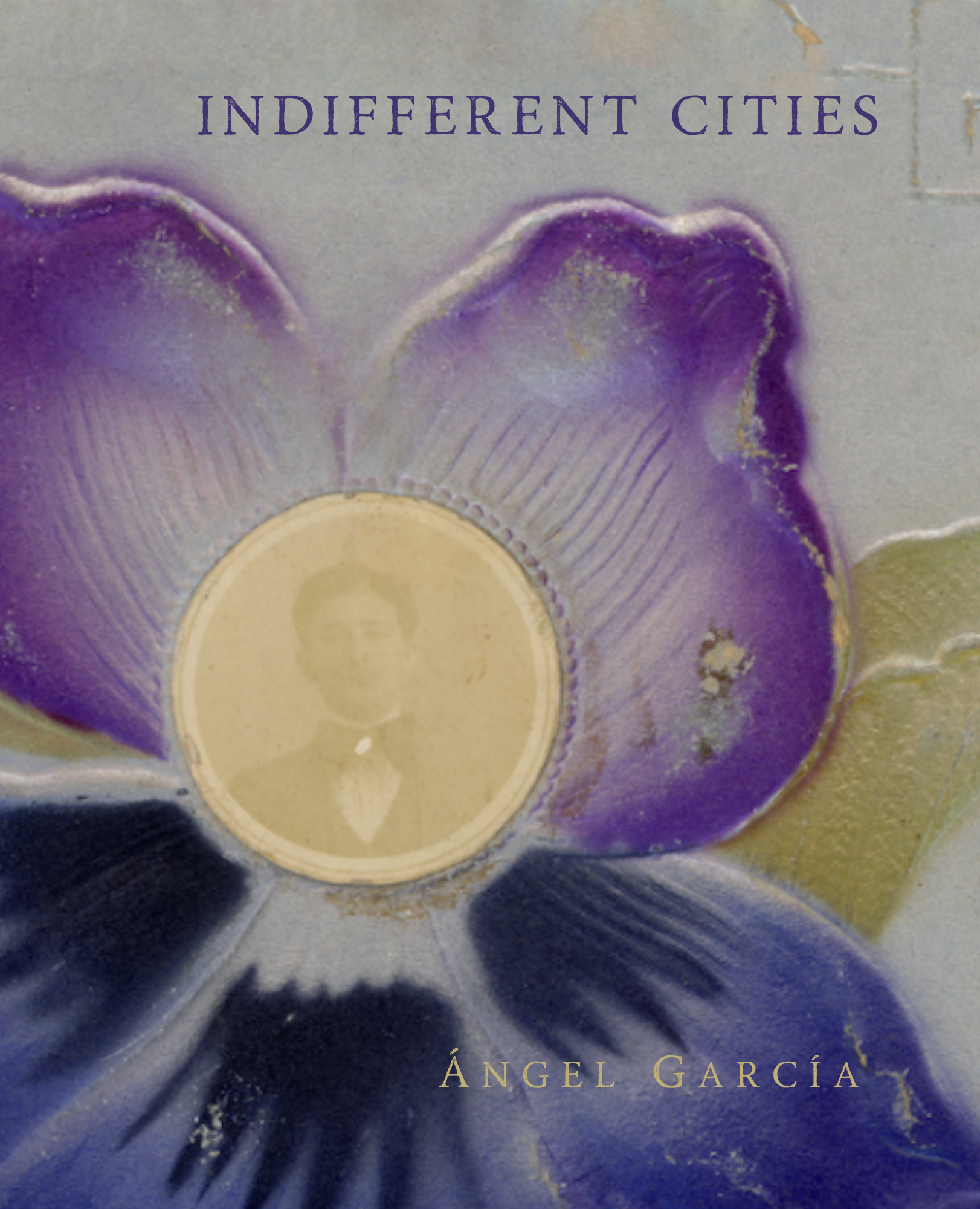WINNER OF THE INAUGURAL HELENA WHITEHILL BOOK AWARD
To read Indifferent Cities is to linger in “mud strewn” memory, ears pressed to the earth, listening to what courses underneath. As I read, I didn’t realize I was holding my breath. What I was holding on to: my own lost languages, my own lost fathers. This book, put simply, bewildered me and broke me apart. As the poet writes: “I try to remember what I’ve never known.” Verdant with visceral imagery and inventive form, Indifferent Cities seeks out ghosts: the ghosts of familial mythologies, the ghosts of displacement, the ghosts of language, of loneliness. From the very first poem, we feel the speaker’s longing to know: “my mother pours stove-warmed water over / my back to console me for what I can’t understand.’ I know that stove-warmed water intimately. In Indifferent Cities, we enter the vast arteries of the speaker’s interiors. We zoom in so close, we can feel the aching jaw. From “Friday Night”: “for my father leaping up from the couch to grab him, if not / for my father smelling my brother’s breath, their faces / so close I could have mistaken it for a kiss.” These poems are also formally and sonically felt—via grayscale (faint etchings), contrapuntals, and Spanish woven throughout. Poems tilt— literally—across the page: “[it began, the language slanting toward the bottom/corner of the page.]” From the poem ‘Mourning’:
Read across and down and with no map, the world of the living and the world of the dead intermingle, flush with lyrical tenderness. I love this book so much and I am honored to swim in its depths.
—from the Judge’s Citation by Jane Wong
About the Author
Ángel García, the proud son of Mexican immigrants, is the author of Teeth Never Sleep (University of Arkansas Press), recipient of a CantoMundo Poetry Prize, an American Book Award, and finalist for a PEN America Open Book Award and a Kate Tufts Discovery Award. His work has been published in American Poetry Review, McSweeney’s, Crab Orchard Review, Huizache, The Acentos Review, and most recently in The Missouri Review and fugue journal. He has received fellowships from CantoMundo, Community of Writers, Vermont Studio Center, and MacDowell. He currently teaches in the MFA Program at the University of Illinois at Urbana-Champaign.
Advanced Praise
“Ángel García’s Indifferent Cities has the feel of an epic journey: a quest for a return, to find a family, to find a name, a history, an identity. Along the way, the poet’s multilingual documentations of the diasporic Americas suggest that movement is both a politics and a poetics: where not knowing is an epistemological position that is central to the experience of trying to understand how the forces of history have shaped who you are and what your body and words might become.” —Daniel Borzutzky, winner of the National Book Award for Poetry
“Indifferent Cities traces a relentless search—for names, for language itself. Ángel García’s lyrics reveal a myriad of forms, shadow, story, reflection, reverberation, negation, missive, reversal. If reading is a migration of thought across a page, these poems confound and renew our sense of direction. Podemos decir poema-como-brújula, brújula-como- elegía, elegía-como-composición-de-ausencias,, which for García, consist of the endless shapes of a family’s love translated across time and terrain, lenguaje y linaje, silence and song.” —Patrick Rosal, author of The Last Thing: New & Selected Poems
“Indifferent Cities scours time and space to recover and repair what borders, empire, violences, and intergenerational traumas attempt to erase and swallow: truth and origin. With skillful command across traditional and invented forms, as well as a multitude of valences, Ángel García gathers letters, archives, correspondence, oral histories, and his own lived experience to constellate a lineage that simultaneously askews fracture and redefines wholeness. From heartbreak to healvision, this collection gifts a framework to journey into the depths of ancestry to both probe and celebrate what is revealed. García knows, ‘where I must go no directions exist.’ These are poems chanting deep into a thousand ancestral moons, inhaling what has been forgotten and exhaling what will be a new collective future. Indifferent Cities reminds us, ‘If there is no beginning, here is no end.’ And in this way, this book asks each person to begin again, with every thread of history weaving us into the sunrise.” —Anthony Cody, author of Borderland Apocrypha
“Indifferent Cities is a heart-full book of seeking through the legacy of loss. And Ángel García leads the way with sobering delicacy, because the heart being entered is still at work with staying alive, is both his own and that of the ‘living but lost’ loved ones, is struggling under the fracturing estrangement of familial erasure, is set against a litany of distances that are at once old and growing wilder, growing unbearable, but for poetry— but for the surgical steadiness and staunching light of García’s voice.” —Geffrey Davis, author of One Wild Word Away
Format: Paperback
Published: December 2025
ISBN: 9781961209329


